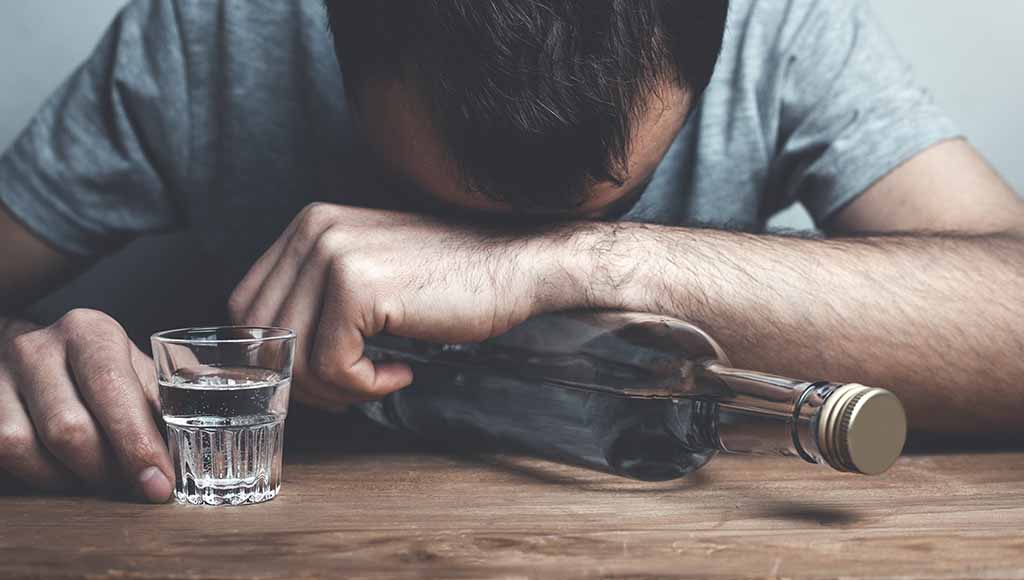What are the dangers of drug withdrawal?
Quitting certain drugs suddenly and abruptly can result in acute withdrawal symptoms. In some cases, sudden withdrawal from high-risk drugs such as opioids and benzo can be life-threatening. Going ‘cold turkey’ is dangerous because of the way your nervous system adapts to its dependence on the drug.
The risk associated with drug withdrawal depends on the type of drug and the severity of the addiction. Common symptoms of withdrawal
Benzos (Benzodiazepines)
Medical detox is recommended for benzo withdrawal because withdrawal symptoms can be painful, uncomfortable and even life-threatening. The risk of grand mal seizures from benzo withdrawal is higher than with other drugs and alcohol withdrawal. Withdrawal seizures are life-threatening.
Benzo withdrawal can also cause significant psychological symptoms that can lead to suicidal thoughts or attempts. According to Psychiatric Annals, the psychological symptoms of benzo withdrawals can take up to two years to settle down.
Physical symptoms of benzo withdrawal symptoms include:
- double or blurry vision
- headache
- nausea and vomiting
- diarrhoea
- body pain
- restlessness
- sweating
- disorientation
- dizziness
- dry mouth
- fever or chills
- reduced muscular control
- shortness of breath
- hallucinations
- seizures
The psychological symptoms of benzo withdrawal include:
- depression
- anxiety
- panic attacks
- irritability
- confusion
- disconnection from reality
Opioids
Opioid withdrawal is extremely unpleasant but the symptoms are not typically life-threatening. However, don’t underestimate the risk of opioid withdrawal because people have died from the side effects of symptoms, such as severe dehydration, hypernatraemia (elevated blood sodium level) and heart failure.
Medical detox is recommended for opioid withdrawal because it not only helps to manage painful and uncomfortable symptoms, it also reduces the risk of fatal complications.
Common physical symptoms of opioid withdrawal include:
- muscle aches
- tearing and dilated pupils
- runny nose
- persistent vomiting and diarrhoea
- excessive sweating
- insomnia
- yawning
- goosebumps
- rapid heartbeat and high blood pressure
- dysphoria
- pupillary dilation
- piloerection
- lacrimation
- rhinorrhea
Common psychological symptoms of opioid withdrawal include:
- irritability
- anxiety
- depression
- insomnia
Stimulants
Stimulant withdrawal is not life-threatening but can be extremely unpleasant, depending on the type of stimulant drug and the length of time the drug has been abused.
What is a concern is the psychological withdrawal from stimulants. Symptoms can be severe, including suicidal thoughts or attempts and violence. If you have an addiction to a stimulant drug, you need to seek professional medical help to stop using stimulant drugs and avoid a relapse.
Common symptoms of stimulant withdrawal include:
- depression
- anxiety
- disrupted sleep patterns
- overeating or loss of appetite
- brain fog
- poor movement control
- clammy and pale skin
Cannabis/marijuana
People often underestimate cannabis withdrawal and try to stop on their own. Yes, it’s true that marijuana withdrawal is not life-threatening but it can cause mood and behavioural symptoms that need to be monitored by an addiction care specialist.
The severity of marijuana withdrawal symptoms depends on your tolerance to marijuana, the amount you’ve been using and how long you’ve been using the drug. Long-term marijuana use can cause cannabis withdrawal syndrome (CWS) and result in intense cravings and relapse.
Common symptoms of cannabis/marijuana withdrawal include:
- insomnia
- fatigue
- loss of appetite
- headache
- body pain
- hypertension
- depression
- anxiety
- nausea and vomiting
- night sweats
- nightmares










